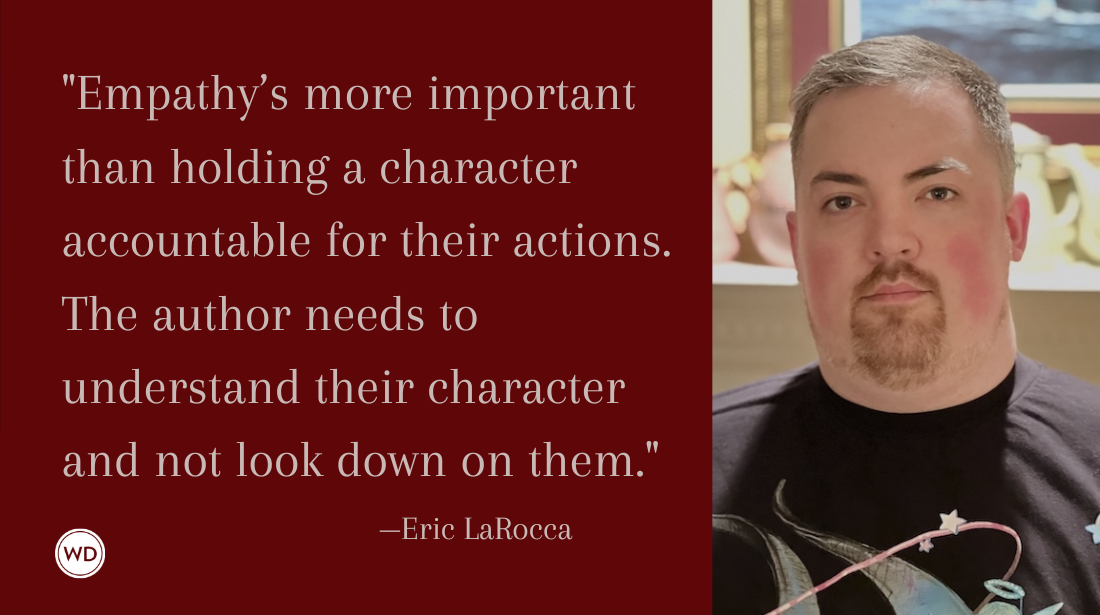John Kenney: Listen to Yourself and Trust Yourself
John Kenney is the author of three novels and four books of poetry, including Love Poems for Married People. His first novel, Truth in Advertising, won the Thurber Prize for…
John Kenney is the author of three novels and four books of poetry, including Love Poems for Married People. His first novel, Truth in Advertising, won the Thurber Prize for American humor. He is also the author of Talk to Me , which received a starred Kirkus review. He is a long-time contributor to The New Yorker magazine’s Shouts & Murmurs. He lives in Larchmont, NY, with his wife, Lissa, and two children. Follow him on Instagram.
In this post, John discusses wanting to write a funny-ish book about death with his new novel, I See You’ve Called in Dead, his hope for readers, and more.
Name: John Kenney
Literary agent: Chris Bucci
Book title: I See You’ve Called in Dead
Publisher: Zibby Books
Release date: April 1, 2025
Genre/category: Literary Fiction
Previous titles: Truth In Advertising, Talk To Me, Love Poems for Married People, Love Poems for People With Children, Love Poems for Anxious People
Elevator pitch: A middle-aged obituary writer who, lost and lonely after his wife leaves him for another man, mistakenly publishes his own obituary one mildly drunken evening. Fired pending an investigation, he goes in search of meaning by attending the wakes and funerals of strangers. Also why are we in an elevator again?
What prompted you to write this book?
It was inspired by something my brother, Tom, said the last time I saw him. He died in June of 2019 at age 65. A tall, handsome Irishman, a firefighter, on the rescue, like our father and both grandfathers. He had run into burning buildings, had saved lives. He was also a Lieutenant on the Massachusetts FEMA Urban Search and Rescue Team who worked at the World Trade Center during 9/11. He was the man. He had been diagnosed with pancreatic cancer, and my four other brothers and I had been visiting fairly regularly. His condition worsened and Tom’s wife called to say we should visit as soon as possible.
I arrived before my other brothers. Tom was sitting in a reclining chair, a blanket over his thinning frame, but still himself—still in there somewhere, still sharp, quiet, darkly funny. We talked and after a time I heard a car pull into the driveway and looked out the window, a cold May day in New England, winter hanging on. “The others are here,” I said to Tom.
With Buster Keaton timing, stone-face, Tom dropped an arm over the chair, let his head fall to one side, and, trying to suppress a grin, said, “Tell them they’re too late.”
I wanted that, in a book. That humor, that courage, that grace in the face of the great unknown. To stop taking time for granted. I wanted to understand how to live, before it’s too late.
How long did it take to go from idea to publication? And did the idea change during the process?
About three and a half years. I wanted to write a funny-ish book about death (every publisher’s dream pitch, I know). I had this idea about an obituary writer who doesn’t know how to live, who goes, as a kind of penance, a learning experience, to the wakes and funerals of strangers. I find wakes and funerals to be amazing experiences. Profound and moving, awkward and strange. Inevitably we are confronted with our own mortality during these visits. It takes one’s breath away, that this will be us one day. And yet, certainly for me, the intensity is too much, and three minutes later, upon seeing an old friend, I’m talking about the sea salt brownies at Trader Joe’s. As for the idea itself, I’m not sure it changed. But many other things changed, as they always do in my experience. Originally, I thought it would be a kind of road trip but changed that to keep it all in the five boroughs.
The characters changed as they revealed themselves, said things that were surprising to me on those infrequent days when the writing flowed, as if by itself.
Were there any surprises or learning moments in the publishing process for this title?
I didn’t expect them to advance me $2 million and fly me First Class on my book tour. Which they didn’t. The only surprise, to me, each time, is that someone actually publishes the book. It’s a little miracle.
Were there any surprises in the writing process for this book?
Always. Every time. With every character. The deeper you go, the more you reread and ask yourself who this person is and why they’re doing what they’re doing and what they want. It would be trite to say the characters are alive to me. But they do speak to me, all day, in my addled head. I was also surprised the main character died on page 9…wait…
What do you hope readers will get out of your book?
I hope they laugh. I hope they’re moved. I hope it is worth their time. I say that because that’s really the point of the book—this idea that we sometimes go through a day, a week, a year, in the expectation that we have time. As I type these words in early December of 2024, one of my brothers is in his ninth month with Grade Four Glioblastoma. He is so acutely alive and in the moment when you speak with him. He understands time in a new way. I want to remember that because I too often forget.
If you could share one piece of advice with other writers, what would it be?
I’m not great at giving advice. I can only speak to my own neuroses and insecurities, where, for a long time, I looked to others for validation. (This does not end well.) What I would say is listen to yourself and trust yourself. Believe in the writing. It’s such a remarkable thing to be able to do. To get the words right, to lasso those feelings, those seemingly ineffable moments that connect with a reader, move them, make them laugh, alter them just a bit. What a thing.
Robert Lee Brewer is Senior Editor of Writer's Digest, which includes managing the content on WritersDigest.com and programming virtual conferences. He's the author of 40 Plot Twist Prompts for Writers: Writing Ideas for Bending Stories in New Directions, The Complete Guide of Poetic Forms: 100+ Poetic Form Definitions and Examples for Poets, Poem-a-Day: 365 Poetry Writing Prompts for a Year of Poeming, and more. Also, he's the editor of Writer's Market, Poet's Market, and Guide to Literary Agents. Follow him on Twitter @robertleebrewer.








